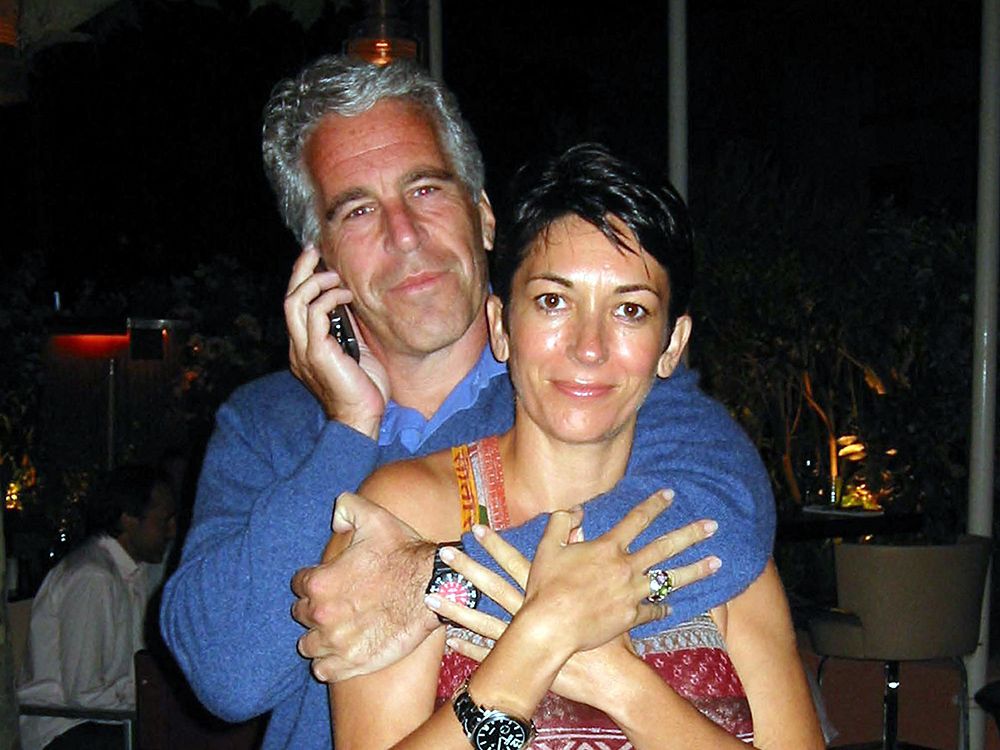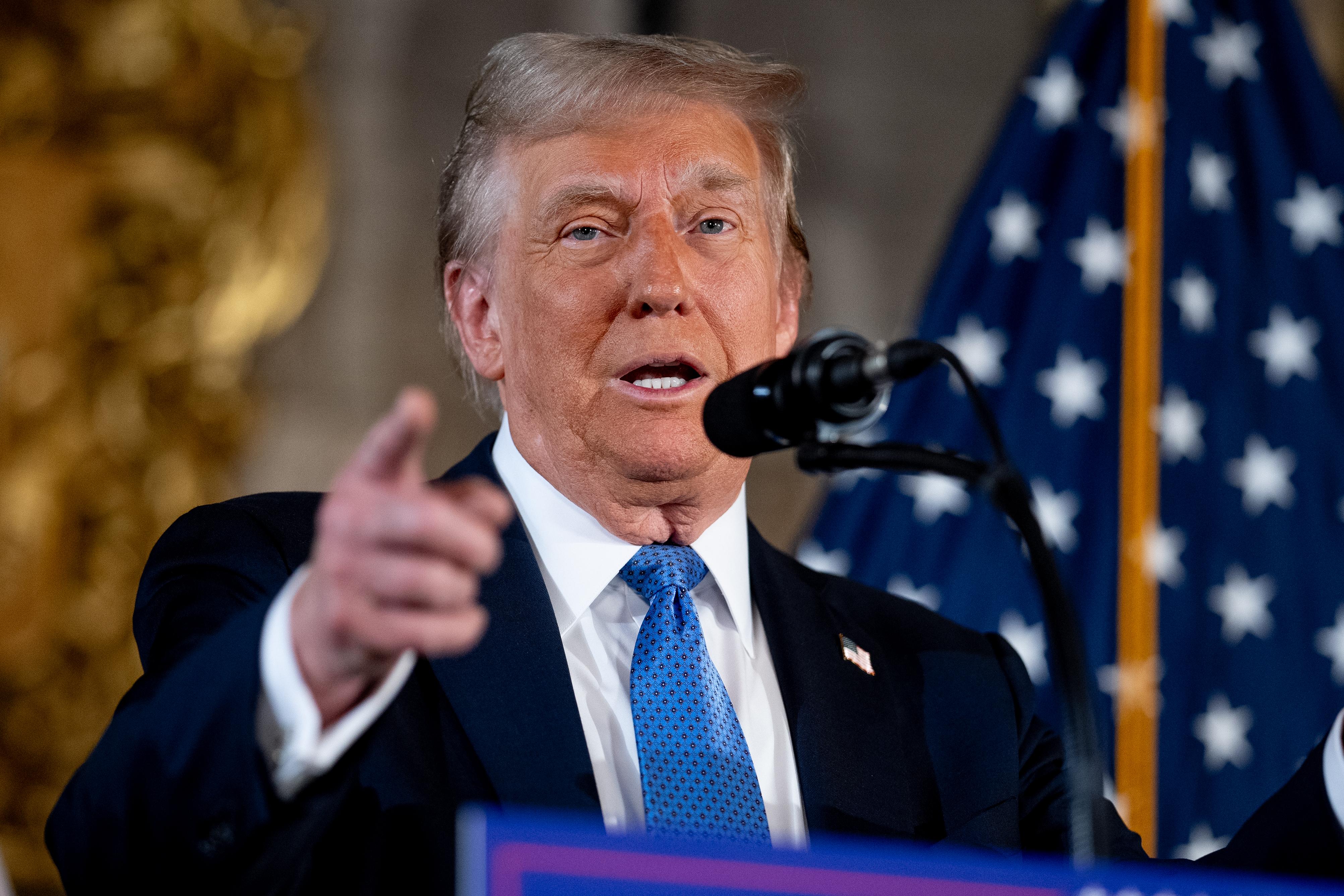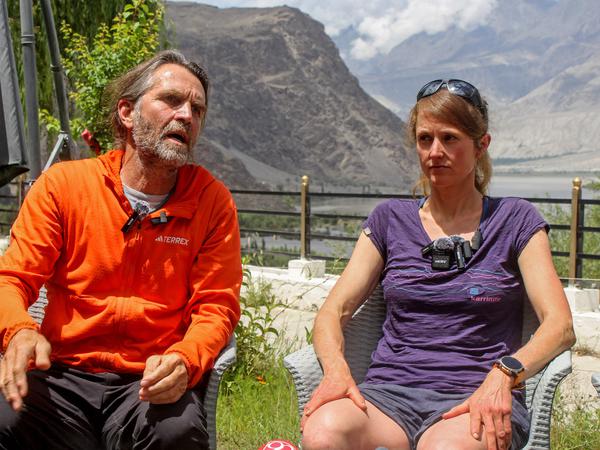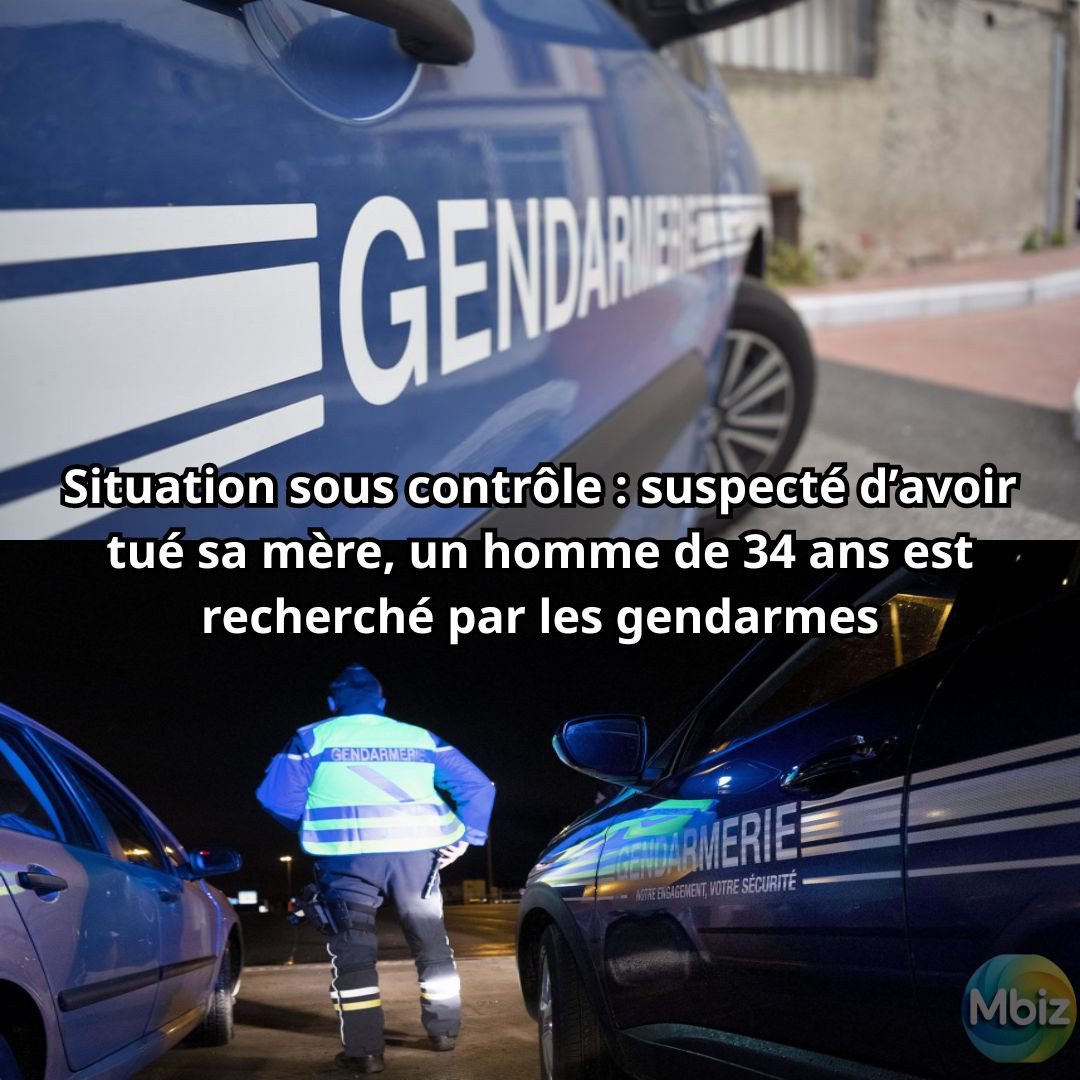The package arrived on a Tuesday that smelled like wet leaves and printer toner. No return address, just a plain manila envelope thick enough to feel like a heartbeat. Inside: five hundred pages bound in black, the title stamped in silver foil that caught the hallway light like a warning. THE VOICE THAT SHOOK THE POWERFUL. Underneath, in smaller letters: Virginia Giuffre.
The editor who opened it—Claire, forty-two, three kids, a mortgage, and a stomach ulcer from too many deadlines—read the first line and forgot to breathe. They told me silence was survival. I believed them until I stopped surviving.
She called the publisher at home. He was brushing his teeth. “Read it,” she said. “All of it. Tonight.”
By morning, the manuscript had traveled through six inboxes, each recipient forwarding with the same three-word subject line: We can’t look away.

Virginia wrote it in a cottage on the edge of nowhere, Western Australia, where the ocean slams the cliffs like it’s trying to apologize. She typed on a secondhand laptop with a cracked spacebar, the screen glowing against walls papered in her children’s crayon drawings. Some nights the power cut out and she kept going by candlelight, the flame trembling whenever a memory surfaced too sharp. She didn’t outline. She bled.
Page one: the yacht in the Virgin Islands, the way the teak deck burned her bare feet while a prince laughed about “fresh talent.” Page forty-three: the island airstrip, the private jet idling like a metal beast, the stewardess who wouldn’t meet her eyes. Page one hundred and twelve: the hotel suite in London, the marble bathroom where she scrubbed herself raw and still felt dirty.
She named them all. Not with venom—venom would have been easier. With the flat, unflinching voice of a girl who learned early that truth is the only weapon they can’t buy.

The publishers circled like cautious wolves. Legal teams pored over every comma, red pens hovering. Defamation. Libel. National security. One house offered seven figures to soften the edges—turn it into “a journey of healing.” Virginia laughed so hard she cried. “I’m not healing for your marketing campaign.”
She walked away.
Word leaked anyway. A junior editor photocopied chapter twelve—the one about the Manhattan townhouse, the hidden camera, the duffel bag of cash—and slipped it to a journalist friend over coffee. By noon it was a PDF in a thousand DMs. By nightfall, #GiuffreManuscript was trending beside earthquake alerts and celebrity divorces.
The final line hit X at 2:14 a.m. Perth time. My voice is mine. And I’m Epstein’s girls are done being ghosts. No—wait. The real final line, the one that made anchors choke on their teleprompters: My voice is mine. And I’m not giving it back.
Screens froze. Mothers in Ohio read it aloud to teenagers who’d never heard of Epstein. Law students in Manila printed it on neon paper and taped it to dorm walls. A retired judge in Connecticut poured whiskey with shaking hands and whispered, “Good for her.”
The powerful lawyered up before sunrise. Press secretaries drafted denials in ALL CAPS. One royal household issued a statement about “charity work in Africa” that nobody believed.
Virginia didn’t watch the news. She took her dog—a mutt named Justice—for a walk on the beach where the sand squeaked under bare feet. The tide had washed away the footprints of yesterday, but not the words. Never the words.
Back in New York, Claire the editor stood in the publisher’s corner office, forty floors above a city that suddenly felt small. “We print it as is,” she said. “Or we don’t print it at all.”

They printed it. Black cover, silver letters, no author photo. Just a single line on the back: For the girls who were told to disappear.
Release day, the bookstore on Fifth Avenue opened at midnight. The line wrapped around the block—college kids in hoodies, grandmothers in pearls, a nun clutching rosary beads like a lifeline. Inside, the clerk handed Virginia a copy. She opened it at random. Page 287. The night she tried to run, barefoot on a gravel road, the way the stones cut her soles until she couldn’t tell if the blood was hers or memory.
By morning, the first printing was gone. Warehouses scrambled. Printers ran three shifts. A prison library in upstate New York requested twenty copies; the warden wrote, For the women who need to know they’re not alone.
The reviews came fast and furious. The New York Times: “A reckoning in real time.” The Guardian: “The memoir that rewrites silence.” Some tabloid called it “salacious.” Virginia framed that one above her toilet.
She did one interview. Just one. A tiny podcast recorded in a basement studio that smelled like old pizza and hope. The host—a survivor herself—asked the question everyone wanted. “Aren’t you afraid?”
Virginia’s laugh was soft, like wind through bottlebrush trees. “I was afraid for seventeen years. Fear kept me small. Truth made me tall.”
She never named the emotion that lived in her chest now. Not quite peace. Not quite rage. Something sturdier.
The book toured without her. Readings in church basements. Classrooms where teachers skipped lunch to finish a chapter. A women’s shelter in Lagos where the pages were translated by hand.
One night in Chicago, a girl—fourteen, braids tight, eyes older—waited after a library event. She pressed a folded note into Virginia’s palm. Inside: a crayon drawing of a megaphone with wings. Underneath, in purple marker: Thank you for giving us volume.
Virginia kept it in her wallet. Still does.
The powerful kept talking. Lawsuits threatened. Depositions scheduled. A certain financier’s widow moved to an island with no extradition treaty.
None of it touched the cottage by the sea. Virginia planted tomatoes in the backyard. Watched her sons chase the dog through the sprinklers. Wrote the sequel in longhand on yellow legal pads, because some stories demand ink that can’t be deleted.
Sometimes, late, when the house slept and the ocean whispered secrets to the moon, she opened the published book to a random page. Read a sentence aloud. Let her own voice fill the room.
It didn’t shake anymore. It simply was.
And in living rooms and courtrooms, on subways and in Senate hearings, other voices started answering back. Not echoes. Beginnings.
The revolution wasn’t in the telling. It was in the listening.
And the world—finally, fiercely—was all ears.





:max_bytes(150000):strip_icc():focal(834x464:836x466)/Donald-Trump-Karoline-Leavitt-4-101425-63df677e197b4185886945beab667668.jpg)